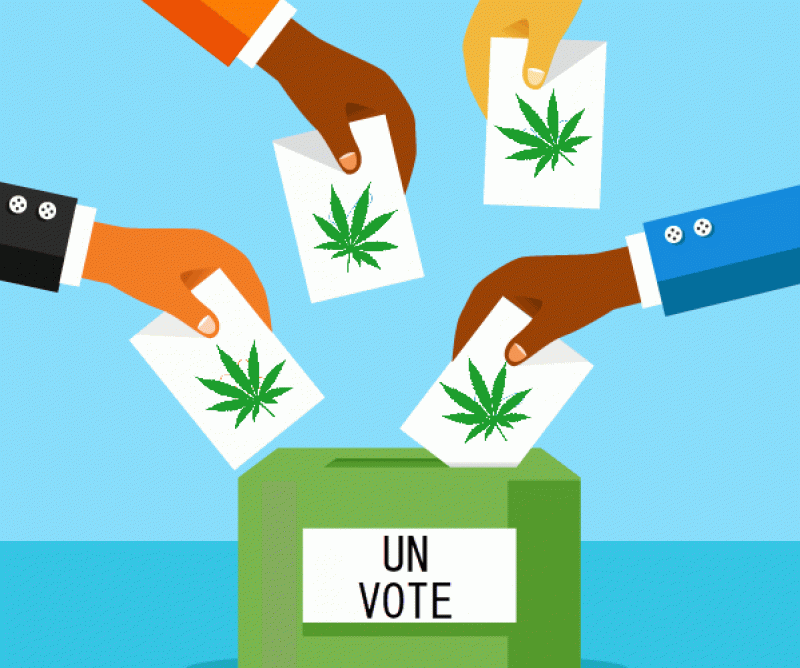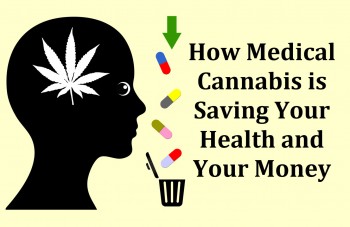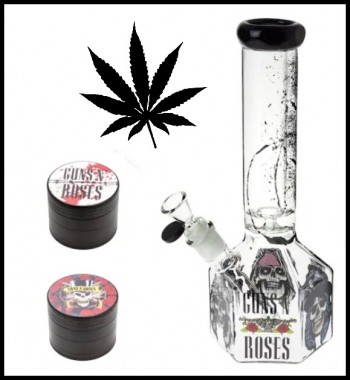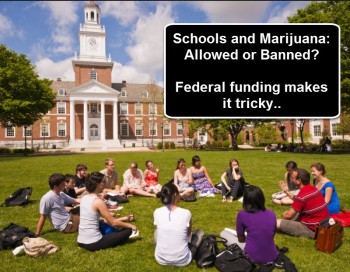The UN Just Voted to Legalize Weed - Does That Mean Weed is Legal All Over the World But Not the USA?
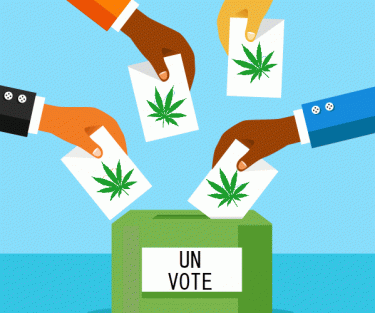
In a historic move, the United Nations Commission on Narcotic Drugs (CND) just gave the go-signal from a World Health Organization (WHO) recommendation to finally eliminate cannabis as well as cannabis resin from the archaic Schedule IV, of the 1961 Single Convention on Narcotic Drugs.
It’s been a long time waiting on this move, but it wasn’t without challenges with 27 votes supporting it and 25 against. China, Russia, and Pakistan were among the countries that opposed the move.
“The medical cannabis wave has accelerated in recent years already, but this will give it another boost,” says Martin Jelsma, the drugs and democracy program director of the Transnational Institute in the Netherlands. “And for those countries that basically mirror the UN scheduling in their domestic legislation, it may lead to national descheduling and remove obstacles to use cannabis for medical and research purposes,” he tells Marijuana Business Daily.
The best outcome of the vote is that it would finally allow countries to make their own rules as to how cannabis is listed on their own schedule of illegal drugs. The most important outcome though, would be that it would remove the long-standing barriers hindering medical cannabis research and its uses on life-threatening conditions. However, it’s still too early to tell if international controls on cannabis would loosen their stance.
Though the US government backed the proposal, we need to remember that it doesn’t mean it’s going to be federally legal – which has been but a pipe dream for Americans for far too long now. That’s because cannabis will still continue to be under the Schedule 1 of the international drug control system. In other words, the UN just allowed the rest of the world to legalize cannabis but the US refuses to follow suit.
Additionally, the WHO verified that the non-psychotropic CBD isn’t subject to international drug controls.
Over 50 countries around the world have already moved forward by adopting MMJ programs, and Canada, Uruguay as well as 15 states in the US legalized its use recreationally. It seems that Luxembourg and Mexico may follow soon, too.
Chile, one of the countries that opposed the vote, explained this by saying among other things: “there is a direct relationship between the use of cannabis and increased chances of suffering from depression, cognitive deficit, anxiety, psychotic symptoms, among others.” Meanwhile, Japan said that recreational use of cannabis “might give rise to negative health and social impacts, especially among youth.”
What The US Government Says
“The vote of the United States to remove cannabis and cannabis resin from the Schedule IV of the Single Convention while retaining them in Schedule I is consistent with the science demonstrating that while a safe and effective cannabis-derived therapeutic has been developed, cannabis itself continues to pose significant risks to public health and should continue to be controlled under the international drug control conventions,” said the US delegation in a release.
“Further, this action has the potential to stimulate global research into the therapeutic potential and public health effects of cannabis, and to attract additional investigators to the field, including those who may have been deterred by the Schedule IV status of cannabis,” they add.
“After six decades since its placement into the strictest international category, and three years of review, the UN has finally made the decision to recognize the therapeutic value of cannabis,” says Steph Sherer, founder and president of Americans for Safe Access and the International Medical Cannabis Patients Coalition. “This is a momentous occasion for cannabis advocates everywhere who have been fighting for this change many years.”
Even though the United States government supports the primary recommendation on cannabis, they released a joint statement to the other member states saying that the consensus “that cannabis is properly subject to the full scope of international controls of the 1961 Single Convention, due in particular to the high rates of public health problems arising from cannabis use and the global extent of such problems, as identified in the critical review by WHO.”
“This recommendation to give effect to a state of affairs which already exists therefore breaks from past procedure and intrudes on the treaty-based mandate of the CND to make recommendations for the implementation of the aims and provisions of the drug control conventions,” the US said. “Additionally, adoption of the proposed footnote would have in effect amended the Single Convention by creating a new category of preparations wholly excluded from control.”
“The treaties give significant flexibility to allow Member States to design drug control polices that reflect their national realities,” says the US. “We believe the Member States are capable of determining for themselves what should be considered a ‘pure’ cannabidiol preparation for domestic enforcement purposes, based on analytical capacity, abuse liability, and prioritization of prosecutorial resources.”
What Can Americans Expect?
As much as we’d want to think optimistically of the vote, the sad truth is that the United States’ stance on lawmaking is rather complex. Just because this vote happened does not automatically imply that the US will change how it’s been doing things. The root of the problem with regards to rescheduling cannabis has pretty much lied in the hands of US policy.
It will be a wait and see to determine if the upcoming administration will finally make the changes we have been waiting for, for far too long.
Some of the advocates for the vote believe that the WHO didn’t go far enough with its recommendations especially since cannabis isn’t as risky as the other drugs in Schedule I, such as heroin. Regardless, considering the uphill battles that had to be fought by those in the industry as well as citizens and especially sick patients, removing cannabis from the Schedule IV list is a big enough reason to celebrate.
THE UN ON WEED, READ MORE...
THE UN RECLASSIFIES WEED, BUT NOT REALLY, READ THIS!
OR..
WHAT DO THE EXPERTS THINK OF THE UN VOTE ON MARIJUANA?
